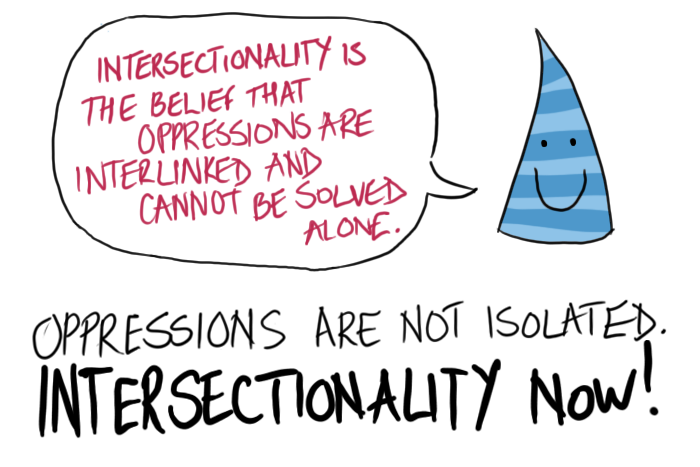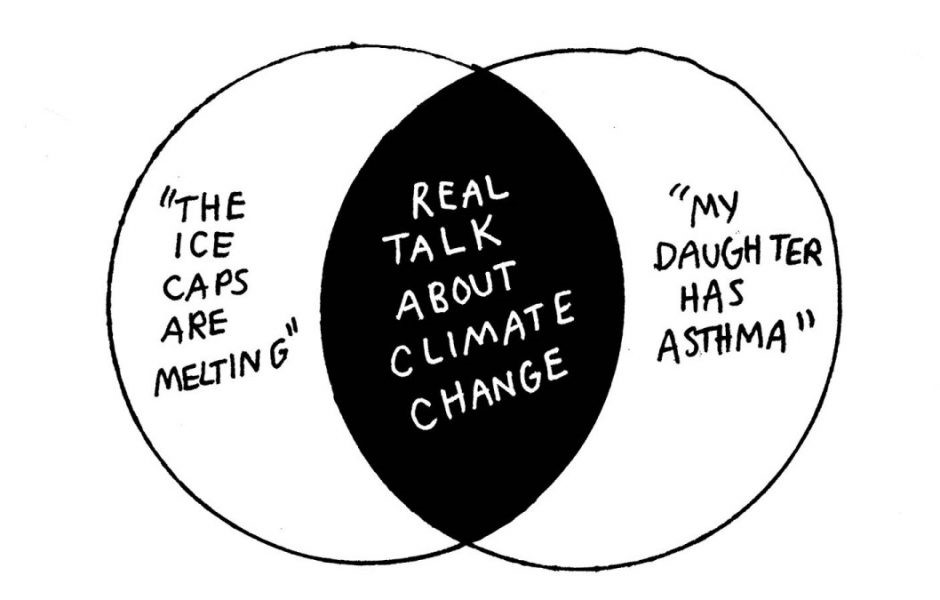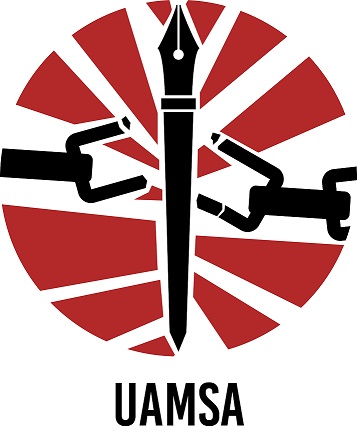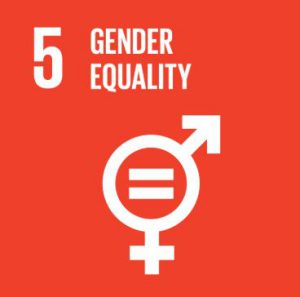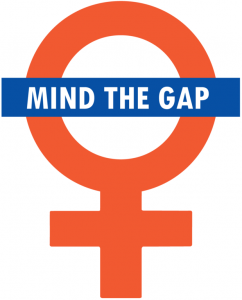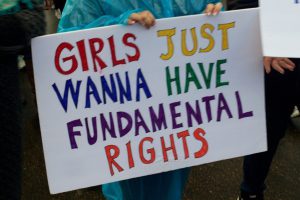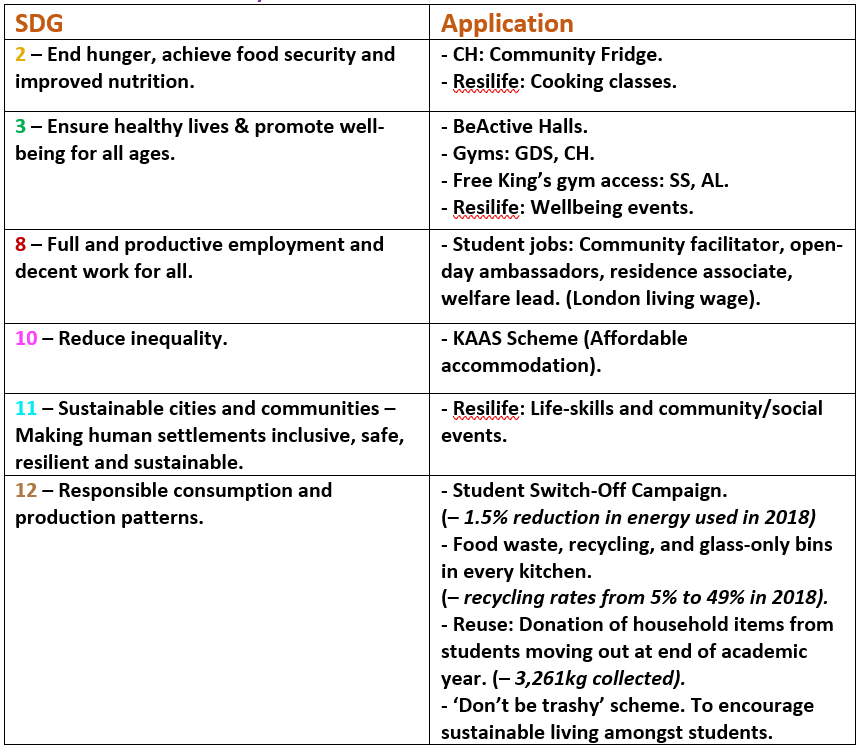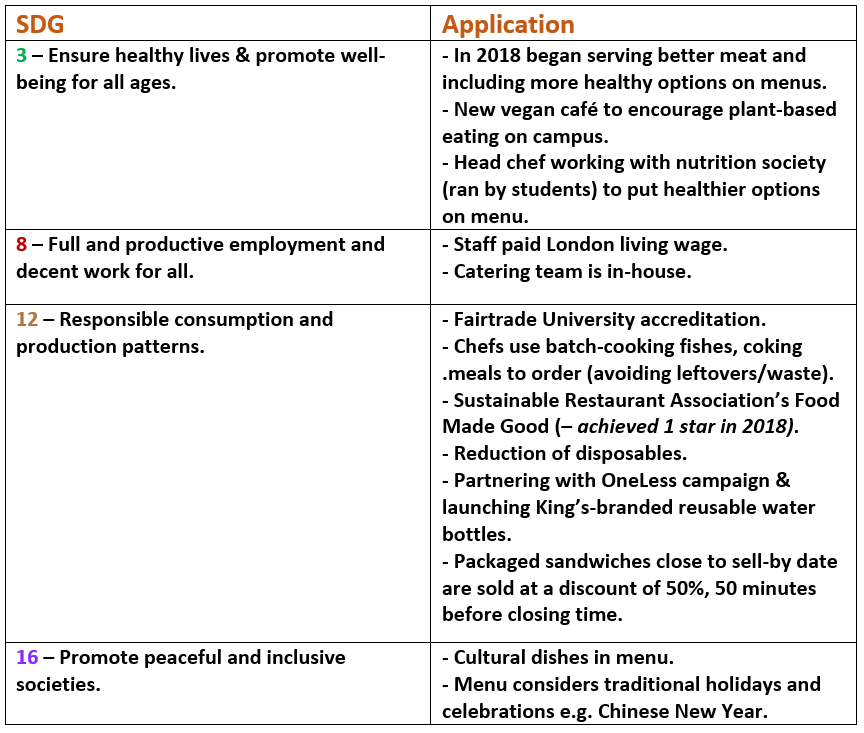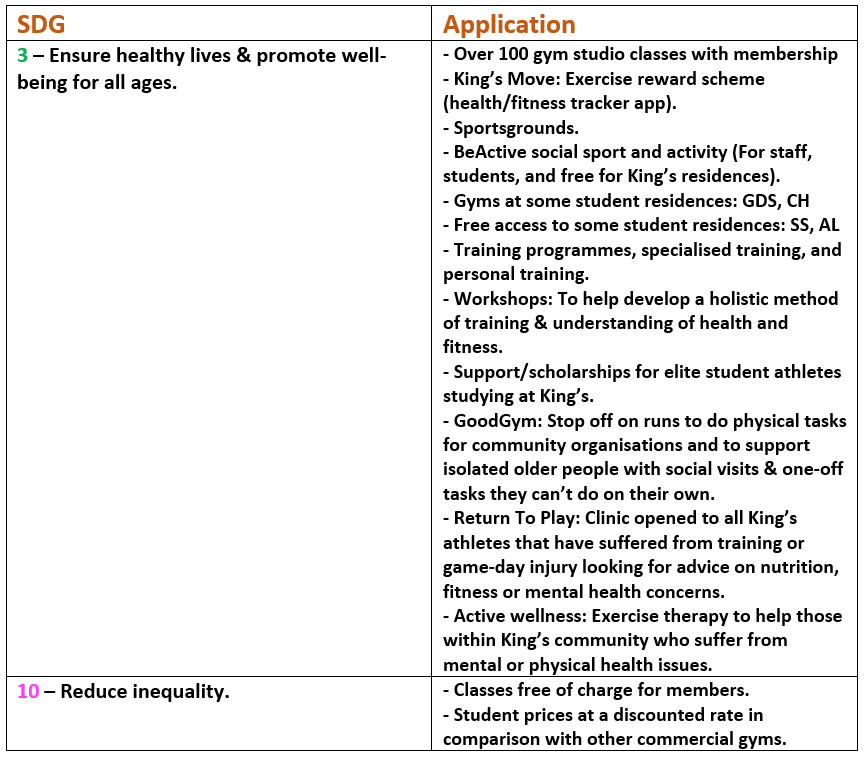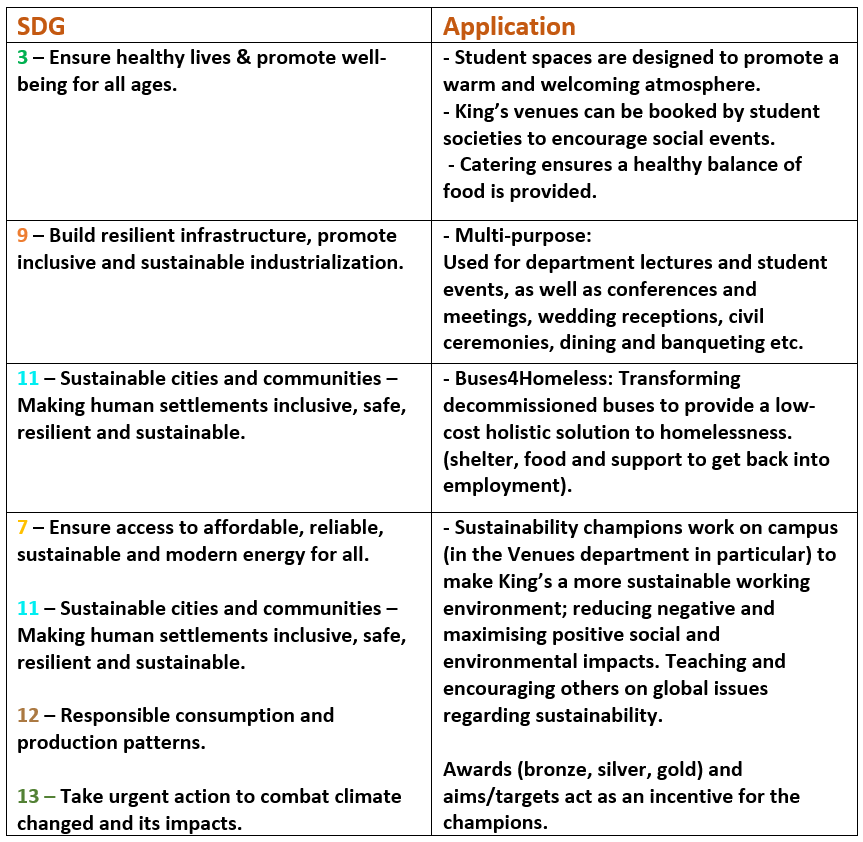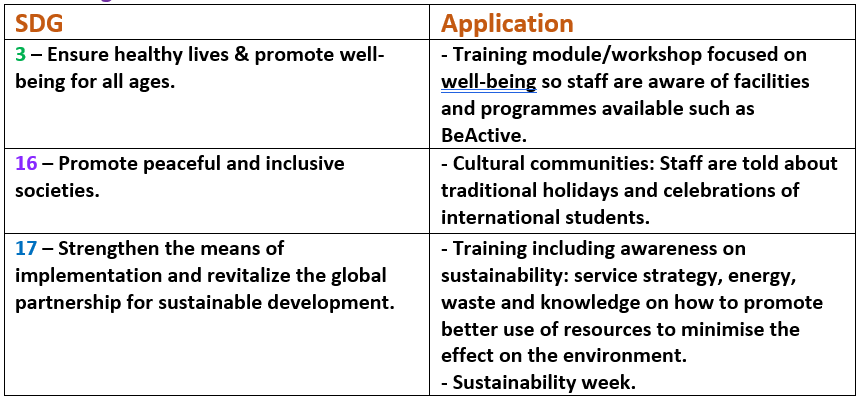The facts are clear: women and girls are disproportionately affected by the impacts of climate change. This vulnerability has several social, economic and cultural causes, including the fact that the majority of people living in poverty are women, and they are often the ones responsible for putting food and water on the table which is becoming increasingly difficult due to climate change.
However, on this day celebrating the achievements of women, it is important to highlight how women are simultaneously at the forefront of global sustainable development. Women need to be at the heart of climate action, because “women possess unique knowledge and experience, particularly at the local level, their inclusion in decision-making processes is critical to effective climate action” (UN Women, 2022). Studies have shown that women’s participation both at the local level and in national parliaments leads to better outcomes for both people and planet.
“Without gender equality today, a sustainable future, and an equal future, remains beyond our reach” (UN, 2022). Why is this so important? Let’s explore ecofeminism for some potential answers.
Ecofeminism
First of all, what is ecofeminism? It is a social movement bringing together feminism and environmentalism, arguing that the domination of women and the degradation of the environment have the same root causes: patriarchy and capitalism (Buckingham, 2015). The key word in ecofeminism is domination. According to Vandana Shiva, development and globalisation are a continuation of our obsession with domination of the ‘other’, whether this is nature, women, indigenous peoples, or subordinate classes (Clark, 2012).
Therefore, “any strategy to address one must take into account its impact on the other so that women’s equality should not be achieved at the expense of worsening the environment, and neither should environmental improvements be gained at the expense of women” (Buckingham, 2015). For solutions to be impactful they have to address both feminism and environmentalism and this can only be meaningfully done by reversing current values to prioritise care and cooperation over more aggressive and dominating behaviours.
An inspiring example: Mariama Sonko
Mariama Sonko leads the ecofeminist movement Nous Sommes la Solution (NSS) meaning “we are the solution”, which brings together more than 500 rural women’s associations in Senegal, Ghana, Burkina Faso, the Gambia, Guinea-Bissau, Guinea and Mali to promote sustainable agroecology and fight large-scale industrial farming. What ecofeminism means to her? “The respect for all that we have around us.” Doesn’t sound like a too difficult ask to me.
Check out Women4Climate: an initiative aiming to empower and inspire the next generation of women climate leaders.
Get involved in International Women’s Day (IWD) and Women’s History Month at King’s. Check out the events KCLSU is organising throughout the month here, from panel events and movie nights to leadership masterclasses about challenging misogyny and being an ally to women. The chaplaincy is also organising an event to watch and discuss the movie Stranger/Sister. Explore King’s Global Institute for Women’s Leadership and their upcoming events here. Find out more about King’s dedicated Equality, Diversity and Inclusion team, the staff gender equality network Elevate, and KCLSU’s Women’s Network.
At King’s, we are slowly moving in the right direction, but there is of course more to do. In 2021, King’s Gender Pay Gap was 14.8%, down from 17.1% the year before. Read the news article on King’s 2021 Gender and Ethnicity Pay Gaps figures here, and while you are at it, check out how King’s has been awarded the Workplace Equality Index Award in recognition of its commitment to LGBTQ+ inclusion at work.


